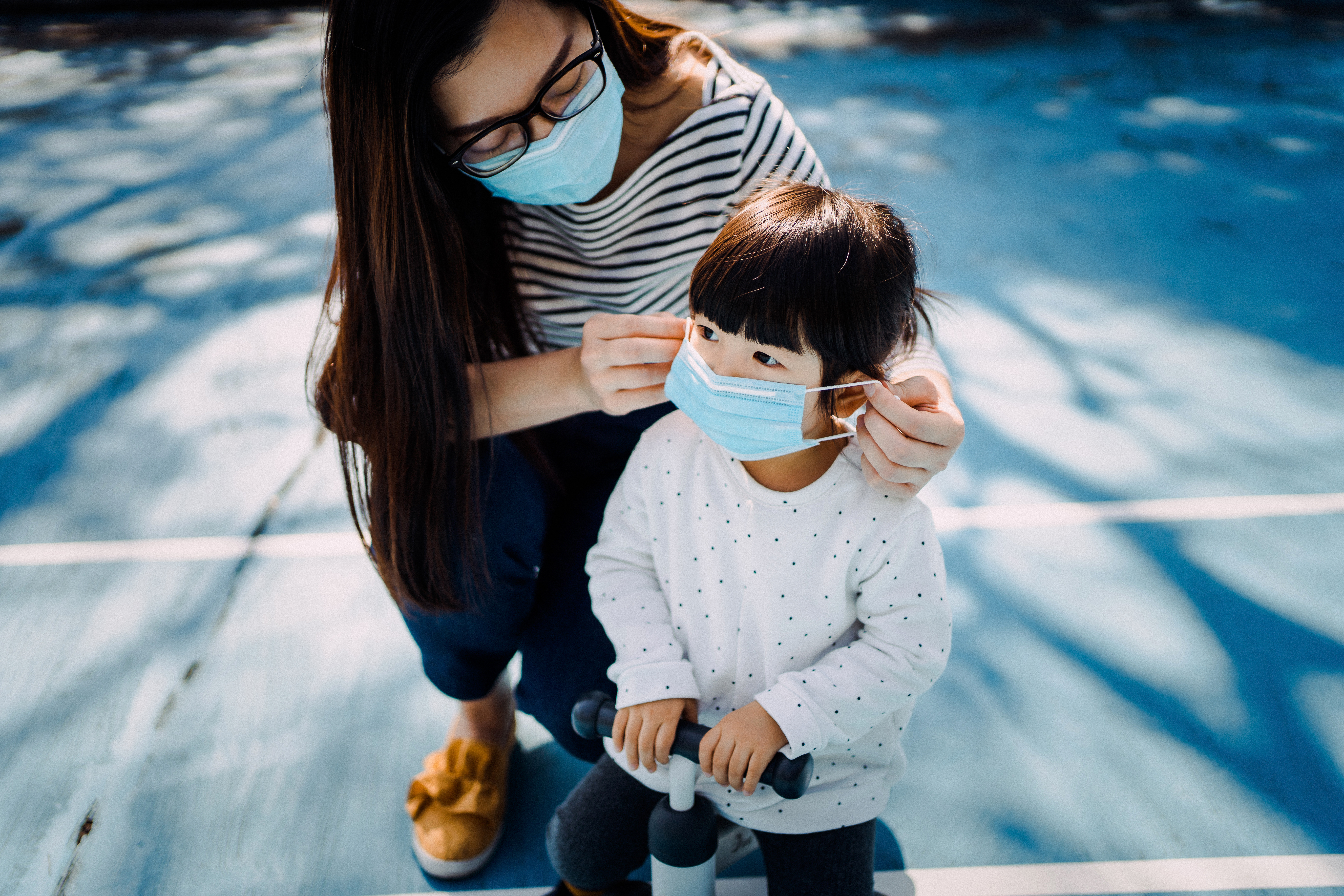
Our society continually grapples with the concept of individualism and its impact; COVID-19 brings this conversation to the forefront. Furthermore, numerous people equate the discussions concerning masking and stay-at-home orders to politics; however, at the core of the conversation are the ideas of risk, probability, social justice, and individuality.
At the individual level, several people are risk-averse, while others are quite willing to assume far greater risk. In our minds, we quickly do the mathematical calculation based on the information we have and ascertain our risk. For COVID, that calculation includes how likely one believes the pandemic is real, what the chances are of catching it, the likelihood of becoming sick, and if infected, what level of illness will one experience. From an individual perspective, this makes sense, but there is still an “I” statement that is missing, what is the risk that I will give it to another person? One rarely hears this phrase, because the majority of people categorize that variable as being in the “societal risk “column.
On the other hand, the societal risk is looked at drastically different than the individual risk. Instead, the calculation focuses on the disease spread, impact on others and their conditions, cost to society, and limitations put on one for the protection of others. As individuals, citizens also have the right to remain safe. When does one’s personal choice compromise that of others, and how is that situation best managed? The statement that various people have uttered, “You can avoid doing something to remain safe to allow me to live out my risks,” is an extremely troubling viewpoint.
Moreover, the forced choice of not being able to live my life as desired, with a decreased risk at the expense of your personal decision means there is no real choice. An analogous example is a colleague bringing in a peanut-butter treat for a snack, knowing that one of the peers has a nut allergy. Yes, one can choose not to consume it. However, in reality, since there is no provision of a healthy option, there is no safe substitute if one wishes to partake in a snack. Instead, the solution or the person supplying the snack would be to provide a healthier alternative; in COVID terms, this means wearing a mask as they go about their normal activities.
This country was founded on the premise and right of individualism. Moreover, a war occurred to free us from the tyranny of British Rule, however as a country, we have long struggled with this polarity. When we discuss rights, there is a component of responsibility. Thus, individual rights conjoint with social responsibilities. Though this sounds obvious, balancing the two is challenging. For instance, what happens if one does not uphold those responsibilities? If that occurs, does it fit the definition of a right, since its removal is possible?
Unfortunately, we are witnessing these issues play out in real-time. We are risking the health of others to ensure individual freedoms, however when we attempt to remove those freedoms to protect society, we risk alienating individual rights. Considering all of this, it is necessary for our communities to compromise in order to create a better world that allows individualism and embraces social justice. If the seesaw falls too far to one side, we must then accept the consequences. Concerning COVID, this might mean the inability to receive care for any condition you might have due to the stress on our healthcare systems. Avoiding this issue is not an option; our only ability is to manage the complexity of the situation as human beings that value individual rights and the lives of others.
